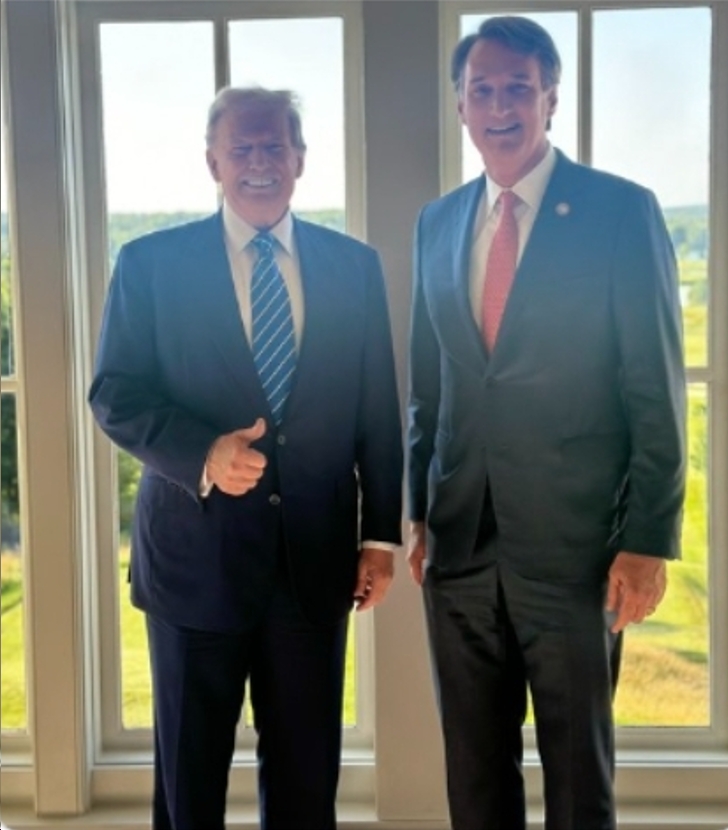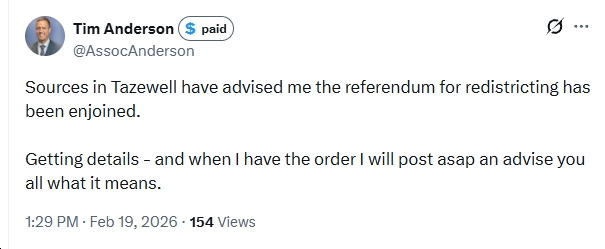by Cindy Cunningham
By the looks of the bills coming in so far this General Assembly session, one of the highest priorities for the GOP is to repeal the recently-passed Virginia Clean Cars law, which would require new car sales in Virginia to meet increasingly strict standards for tailpipe emissions (LEV regulations) and to increasingly move towards electric, hybrid, or fuel-cell vehicles (ZEV regulations). Nearly half of Virginia’s CO2 emissions come from transportation, so it’s incredibly important that we address cars and trucks along with the goals we’ve set for using cleaner sources of energy in the Virginia Clean Economy Act. On top of that, we’ve just seen how gasoline can be susceptible to price shocks due to international events such as Russia’s invasion of Ukraine, and how our continued reliance on gasoline affects our pocketbooks and jeopardizes the strength and resilience of our economy.
While the federal Clean Air Act sets restrictions on vehicle emissions nationally, states have the option to follow the stricter “California standards.” (They do not have the option to just invent their own standards; and they have to ask the EPA for a waiver from the Clean Air Act to follow the California standards.) To date, 17 states have adopted the California LEV standards. Manufacturers typically design their vehicles to either meet the California standard or not—recently Ford, BMW, Honda, Volvo, the Volkswagen Group, General Motors, and Toyota have all agreed to begin manufacturing their cars and light trucks to meet California standards.
In addition to these LEV standards, the California Advanced Clean Cars II program sets targets for the percent of new vehicle sales that are electric, hybrid or fuel-cell (zero-emissions vehicles, or ZEV). The goal is to—incrementally—move entirely to ZEV vehicles by the year 2035.
HB1965 (Del. Lamont Bagby – Democrat) was signed into law by Governor Ralph Northam in March 2021. It required the State Air Pollution Control Board to adopt an Advance Clean Cars Program that includes a LEV program, for all motor vehicles beginning with the 2025 model year; and starting in 2026, 35% of new sales must come from zero emissions vehicles (although Virginia can also buy ZEV credits to meet its obligations, much like carbon credits work), with that number escalating to 100% in 2035. Note that the bill gives some flexibility to the program, stating that “Such programs shall be applicable to motor vehicles beginning with the 2025 model year, or to the first model year for which adoption of such standards is practicable.” Additionally, as the patron, Delegate Bagby pointed out to me, “One of the things to think about with this is that only about 30% of cars are sold [new] each year, so it still will take a while, even after 2035, for it to be 100% electric.”
The switch from gasoline cars to EVs has been a bit of a chicken-and-egg problem, in that until the demand for these cars was high enough, manufacturers were less incentivized to invest in the research to design new models; but until the prices came down and the designs improved, consumers weren’t demanding them. But consumers are now demanding EVs, with their sales increasing at rates much higher than that for the auto market as a whole. Thanks to substantial federal rebates as well as many states’ rebates and/or tax credits EVs are much more affordable and can reduce transportation costs for consumers in just the first few years of ownership. (Virginia has unfortunately never funded its rebate program.) It’s now expected that by 2030, half of all new cars will be electric.
As more states adopt ZEV standards, the incentives for manufacturers to design, produce, and improve the features of EVs continue to increase. Ultimately, the supply of new EVs, as they are produced, may favor the markets where these ZEV standards are in place, and where there is less competition from gasoline-fueled cars. Bagby said, “The reality is this legislation has one intention, and that is to make sure that other states aren’t getting the vehicles that should be coming to the Commonwealth. We know that the manufacturers are moving aggressively to transition to EVs, with GM and Ford committing to go all electric by 2035, and Volvo going to EVs only by 2030. We just want to make sure Virginia gets its fair share and make sure Virginia doesn’t look like the Flintstones, while Maryland and other states look like the Jetsons.”
But the Virginia GOP is once again trying to continue our dependence on fossil fuels, and our death spiral to an ever-warmer planet and increasingly routine climate change catastrophes, with multiple bills to repeal HB1965. (SB778, SB779, SB781, SB782, SB785, HB1372, HB1378, HB1466) “The scare tactics that the Republicans in the General Assembly and the Governor are pushing are just that—scare tactics,” Bagby said. Their main complaint seems to hinge on the fact that the standards originate in California. One repeal patron says “it was really reprehensible for Virginia to cede our authority to bureaucrats in another state,” which is a silly and, frankly juvenile argument. The reason California was allowed by the EPA to create a distinct set of standards is that it’s where 11% of all US new light vehicle sales are sold (as well as contributing a disproportionate amount of emissions to the environment), far exceeding the market power of any other state. And the reason for Virginia to adopt these standards is to take advantage of that market power ourselves, while also making the planet survivable for our children and grandchildren.
If you care about seeing more EVs on the roads and less climate change on the Earth, now is the time to contact your legislators and let them know what a terrible idea it is to repeal the Clean Cars law. You can find your legislator’s contact information here. Don’t let them make this big mistake!






![VA DEQ: “pollution from data centers currently makes up a very small but growing percentage of the [NoVA] region’s most harmful air emissions, including CO, NOx and PM2.5”](https://bluevirginia.us/wp-content/uploads/2026/01/noxdatacenters.jpg)











